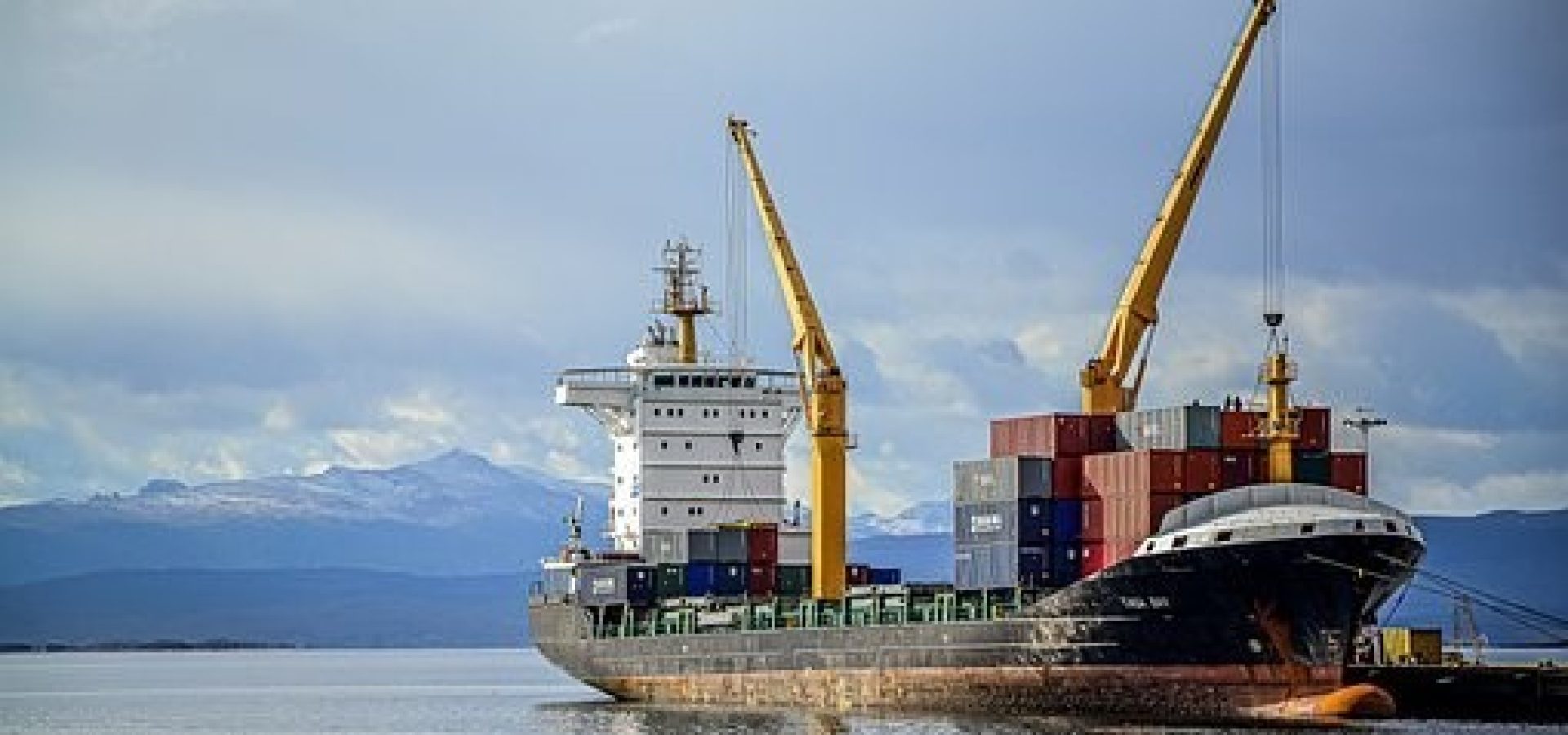The Red Sea is a crucial maritime corridor linking the Mediterranean Sea with the Indian Ocean. It has recently become a centre of geopolitical tension. Iran-backed Houthi rebels in Yemen have heightened these tensions by attacking container ships with missiles. This poses a significant risk to global commerce. Over 12% of worldwide trade traverses this sea, and more than 40% of Europe’s trade with Asia depends on this strategic route.
The Impact on Global Trade
The Houthi rebels’ attacks have intensified military tensions and disrupted global trade. In response, the United States has initiated a multinational mission, “Operation Prosperity Guardian,” to protect vessels in the Red Sea. The International Chamber of Shipping has condemned these attacks as a serious violation of international law. Consequently, shipping companies are rerouting vessels around Africa, incurring additional time and costs. Rising oil prices and war-risk insurance premiums are exacerbating concerns about potential disruptions to the global economy due to increased tensions in the Middle East.
The Strategic Importance of the Red Sea
The Red Sea is a key conduit for trade. It connects to the Suez Canal in the north and the Bab el-Mandeb Strait in the south. It is vital for transporting commodities like oil, gas, food, clothing, and cars. The Suez Canal is particularly crucial for maritime traffic, offering an efficient route for Asia-to-Europe navigation and avoiding the lengthy circumnavigation of Africa. Facilitating the daily transit of 9.2 million barrels of oil, the Canal accounts for 9% of global oil demand.
In conclusion, the Red Sea’s critical role in global commerce is increasingly apparent, prompting international efforts to secure this vital waterway. Recent events underscore its importance in global trade and the need for concerted efforts to maintain stability. The global community watches closely as nations collaborate to address the challenges in the Red Sea, recognizing its central role in the interconnectedness of global economies.









COMMENTS